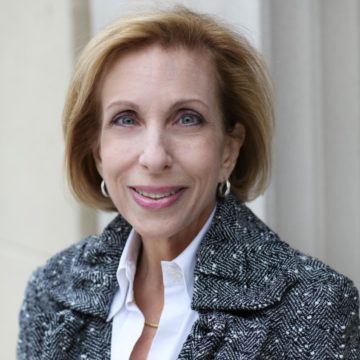
Greetings and welcome to my blog post.
I have obesity. I’ve always had obesity. I look at pictures from when I was two and a half and wonder just how someone so young gets “fat.”
I spent my life with the same tape running through my head that many of us are familiar with — “I’ll be good today. Tomorrow I will start my diet. I ate something ‘bad’ and I’ve blown it, so why bother? I may as well just eat.”
I’ve lived with many of the experiences that often go along with having obesity: the ridicule, the shame, the feeling of being a social outcast, and more. My maiden name was Katzman, and it took about 30 seconds for the mean kids in Kindergarten to rename me to Melinda FATzman. Retrospectively, I realized the worst part of this was that no one of authority ever told those kids to stop. This shows how ingrained weight bias is in our society.
It was these experiences that led me to want to make changes to how those with obesity are perceived and treated. As a result, I fortunately became active in the Obesity Action Coalition (OAC) and I’m now on the Board of Directors where I have the privilege of working in the areas near and dear to my heart: weight bias, access to care and advocacy.
Getting Involved in Obesity Care Week 2022
I also helped form and now chair the Massachusetts MA Coalition for Action on Obesity (MCAO). We are a state organization whose members represent the leaders in healthcare, advocacy and policy. We are currently planning for Obesity Care Week (OCW) and World Obesity Day 2022 and are excited about the Zoom webinar we created on:
Obesity: A Patient Perspective
A Call to Action
This will be a panel conversation moderated by Joe Nadglowski, OAC President and CEO. The panel will be comprised of patients affected by obesity and an obesity medicine physician who will talk about access to care and current treatments. The participants represent the members of MCAO, their membership and constituents, and the MA legislature. We are very excited to bring together these leaders who are invested in the things important to those affected by obesity: access to care, hearing the voices of patients, and policy that can impact discrimination.
Key Takeaway:
What is most difficult to remember is that, while our efforts are important, it takes the actions of everyone working to make a difference in how people with obesity are treated. The goal is equality across all aspects of life. There should be no price to pay for having obesity.
By Melinda J. Watman, BSN, MSN, CNM, MBA, OAC Board of Directors
